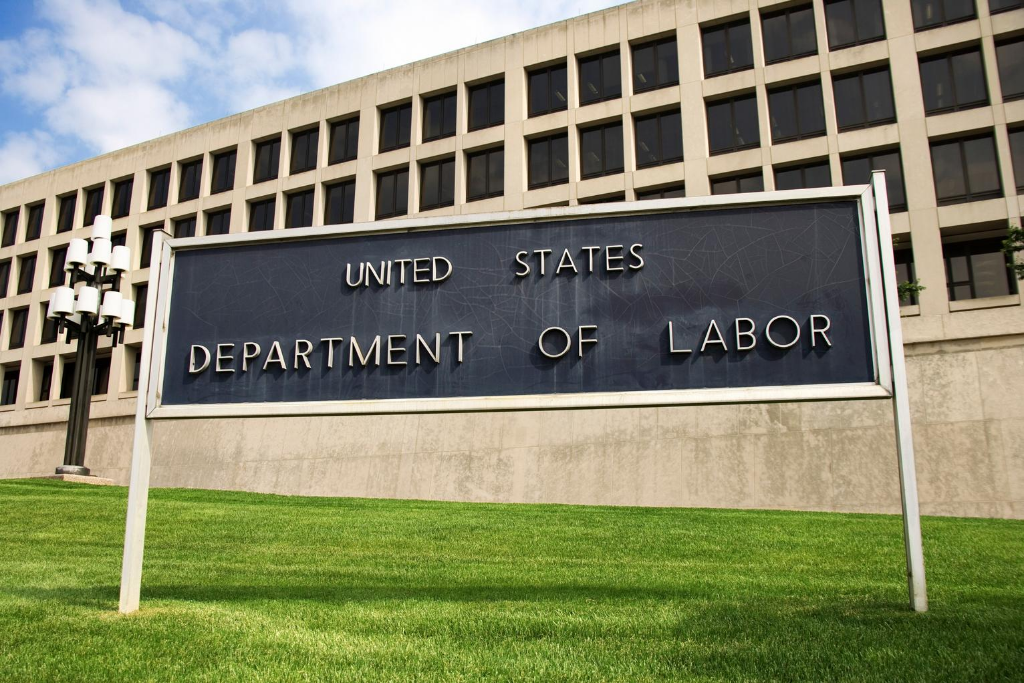
ERISA penalties adjusted for inflation
The Department of Labor’s (DOL) enforcement wing, the Employee Benefits Security Administration (EBSA), recently made inflation adjustments to penalty amounts for various ERISA welfare benefit plan violations. Federal regulations require the DOL to adjust penalties for inflation by Jan. 15 annually. This year’s inflationary increase of 6.222% over last year is the most significant in recent memory. Updated penalty amounts are effective for any civil penalties assessed by the EBSA after Jan. 15, 2022.
Some of the increased penalties of note include the following:
- Form 5500: Failure to timely file annual report Form 5500 subjects a plan sponsor to a penalty of $2,400 per day, starting on the date of the failure.
Lockton comment:The EBSA offers an amnesty program for late filers that voluntarily submit tardy Forms 5500. Penalty amounts under the program are significantly reduced, to as little as $10 per day, but the filing under the amnesty program must be initiated by the late filer, not by federal enforcement.
- Form M-1: Failure to timely file annual report Form M-1 subjects a plan sponsor to a penalty of $1,746 per day (Form M-1 filing requirement applies exclusively to multiple employer welfare arrangements).
Lockton comment: There is no formal amnesty program for late M-1 filers, but the EBSA has historically been slow to penalize voluntary late filers.
- Summary of Benefits and Coverage: Failure to timely provide a compliant Summary of Benefits and Coverage (SBC) per the Affordable Care Act (ACA) requirements subjects a plan sponsor to a penalty of $1,264 per failure.
Lockton comment: This is a draconian penalty we’ve never seen enforced to its maximum extent. Nevertheless, it’s a reminder to make sure your SBCs are complete and available.
- Documents requested by the DOL: Failure to provide plan information to the DOL upon request, such as a summary plan description or other required plan document, subjects a plan sponsor to a penalty of $171 per day, with a maximum penalty of $1,713 per occurrence.
- CHIP notice: Failure to provide each employee with notice related to state-provided premium assistance (commonly referred to as a Medicaid/CHIP notice or CHIPRA notice) subjects a plan sponsor to a penalty of $127 per day per employee. A related requirement provides that employers must, upon request, provide disclosure of group health plan benefits to states for Medicaid- and CHIP- eligible individuals. The penalty for failure to provide that disclosure also increased to $127 per day per employee.
Lockton comment: We’ve seen little penalty enforcement in this context either. Typically, an EBSA auditor will simply work with the plan sponsor to implement sound administrative processes to provide the required notices, unless there is a well-worn pattern of ongoing noncompliance.
EBSA provides insight into its 2021 enforcement efforts
Federal ERISA investigators were hard at work in 2021. Despite the challenges of the pandemic, EBSA closed 741 cases with monetary results during the federal fiscal year, which ended Sept. 30, 2021. A significant portion of the nearly $2 billion in monetary recoveries stemmed from EBSA’s emphasis on recovering retirement plan assets for terminated vested participants; this project alone produced recovery of $1.55 billion in retirement plan assets to affected participants.
On the health and welfare side of the fence, EBSA’s 2021 enforcement summary highlighted an uptick in non-monetary corrections, such as changes to plan document language for administrative clarity and the provision of new disclosures to participants and beneficiaries. EBSA also touted an increase in criminal cases involving health benefit plans, citing 118 new investigations of potential criminal conduct and/or intentional breach of ERISA fiduciary duty to health plans during its 2021 fiscal year.
Mental health parity compliance
In 2021, EBSA launched an invigorated project to interpret, implement and enforce the requirements of the Mental Health Parity and Addiction Equity Act (MHPAEA) as highlighted in the Consolidated Appropriations Act, 2021. EBSA issued 156 letters to insurers and plan sponsors requesting plans provide a comparative analysis of non-quantitative treatment limitations (NQTLs) applied to mental health/substance use disorder benefits and to medical/surgical benefits. EBSA further announced its commitment to proactive and rigorous enforcement of MHPAEA in 2022 and beyond, including extensive training for existing staff and recruiting efforts for additional staff.
Lockton comment: EBSA’s attempt to better understand the steps that welfare benefit plans and their carrier and third-party administrator partners are taking to ensure parity in the limitations applied to mental health/substance use disorder benefits are welcome. However, the report to Congress highlighted that of the 156 letters issued requesting comparative analyses from plans, zero (!) of the initial analyses supplied by carriers or plan sponsors were deemed adequate. This is no surprise given that the DOL provided plan sponsors with a very short timeline to initially prepare these comparative analyses and has issued no formal template detailing specifically what information should be provided in these responses.
The industry continues to grapple with the challenge of providing comprehensive comparative analyses in response to EBSA’s requests, and our read on the situation is that the DOL is continually refining and retuning its investigative processes as the project develops.
Lockton comment: Lockton Compliance Services will host a client webcast on Feb.17, 2022, highlighting the DOL’s MHPAEA enforcement efforts thus far, and what we’ve learned from assisting our clients with their responses to these DOL request letters. Click here to register for the webcast.
